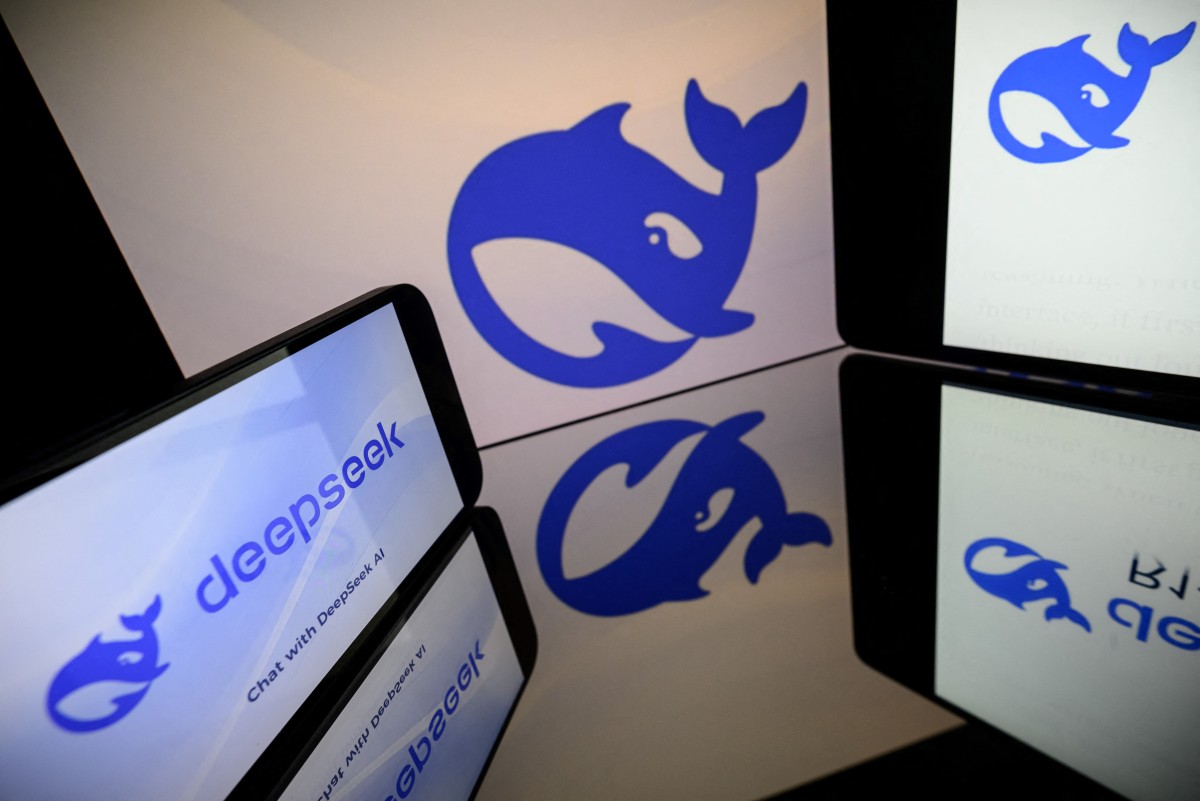
DeepSeek has arrived with the quiet force of a tidal shift, unsettling an AI landscape long dominated by Western giants. In just two years, this upstart has positioned itself as a formidable player in the open-source AI revolution, not with bombast, but with results – agility, efficiency, and raw computational power that rival, if not eclipse, its competitors. What makes DeepSeek’s rise even more striking is the scale at which it operates: a lean team of 140 prodigious minds, drawn from China’s elite universities, pushing the boundaries of AI development at a fraction of the usual cost.
In an industry where proprietary models reign supreme, DeepSeek champions openness, challenging entrenched monopolies with an alternative that is both powerful and accessible. The implications stretch far beyond research labs and corporate boardrooms. DeepSeek is reshaping the AI arms race, proving that innovation need not be shackled by legacy institutions. The quiet revolution it leads may yet redefine the global AI order.
This is no ordinary disruption; it is a quiet upheaval with sweeping consequences. At a time when AI is increasingly locked behind proprietary walls, DeepSeek’s radical commitment to openness is a direct challenge to monopoly-driven innovation. It is more than a company – it is an idea, an argument for decentralisation in a world increasingly defined by technological hegemony.
Whether DeepSeek can sustain its ascent remains to be seen, but the foundations of the AI order are already shifting beneath its feet. The profound success of DeepSeek offers an inspiring paradigm for China’s prowess in the domain of AI technology. The linchpin to advancing this revolution lies in promoting AI for the collective good rather than individual gain. AI, envisioned as a public asset, should enhance efficiency, productivity, and foster widespread prosperity and happiness.
DeepSeek’s remarkable strides underscore the imperative of international AI cooperation. The potential hazards of AI confrontations among leading nations highlight the urgency for regulation. Unchecked, the rapid evolution of AI could lead to its dominance over humanity. To ensure AI remains under human control, collaboration among China, the United States, and other nations is vital. This united front is essential to propelling the AI revolution while safeguarding its benefits for humanity as a whole. Such cooperative efforts are the cornerstone of harnessing AI’s potential and mitigating its existential risks.
As more information emerges about DeepSeek, the comparisons and implications become increasingly evident. This lab in China trained with just a fraction of the resources utilised by leading U.S. companies like OpenAI, which sparked the generative AI revolution with the launch of ChatGPT two years ago. Nvidia, once a maker of gaming GPUs, has transformed into a titan in the AI chip industry. However, its role in DeepSeek’s success was modest, as the lab reportedly used relatively few Nvidia H100 chips.
This modest usage starkly contrasts with the U.S. efforts to construct AI super computers with hundreds of thousands of advanced Nvidia chips. DeepSeek’s achievements with limited resources challenge the prevailing norms and highlight the potential for innovation with constrained assets. The unfolding story of DeepSeek not only underscores the dynamism of the AI landscape but also suggests that the path to AI advancement may diverge significantly from current expectations. As the AI revolution accelerates, the global stage will witness diverse approaches and strategies in this transformative era. Experts in the AI sector, many with connections to OpenAI, assert that the progression of AI is anchored by three core elements: algorithms, data, and compute power. DeepSeek’s distinct open-source methodology sets it apart from competitors, with Meta’s Llama standing as a notable US counterpart.
The data landscape is undergoing significant evolution. Some experts suggest a data saturation point has been reached, prompting a pivot towards “synthetic” data. This shift is paving the way for “agentic AI,” characterised by personalised AI systems capable of autonomous decision-making on behalf of users.
Access to Nvidia’s sophisticated chips has created a significant entry barrier for the Chinese and other global tech companies. Despite these obstacles, the AI revolution is being shaped by diverse approaches, each contributing to the broader narrative of innovation and transformation. As AI continues to advance, the interplay of algorithms, data, and compute power will be crucial.
This dynamic underscores the necessity for strategic collaboration and investment in this ever-evolving field. Amidst the high-stakes debate over the funding of US-based Stargate, China’s DeepSeek raises a provocative question: does AI really require such vast sums? Or is this an attempt to create an entry barrier on the path to AGI (artificial general intelligence)? DeepSeek’s achievements with open-sourcing and the ability to operate from standard office computers suggest a compelling alternative.
The real progress in AI might lie in distillation rather than starting from scratch. This narrative underscores a shift towards more efficient, resourceful approaches, challenging the notion that more money always equates to better AI advancements. The future of AI could very well hinge on such innovative strategies.
Dr Khalid wrote from Karachi, Pakitan.






